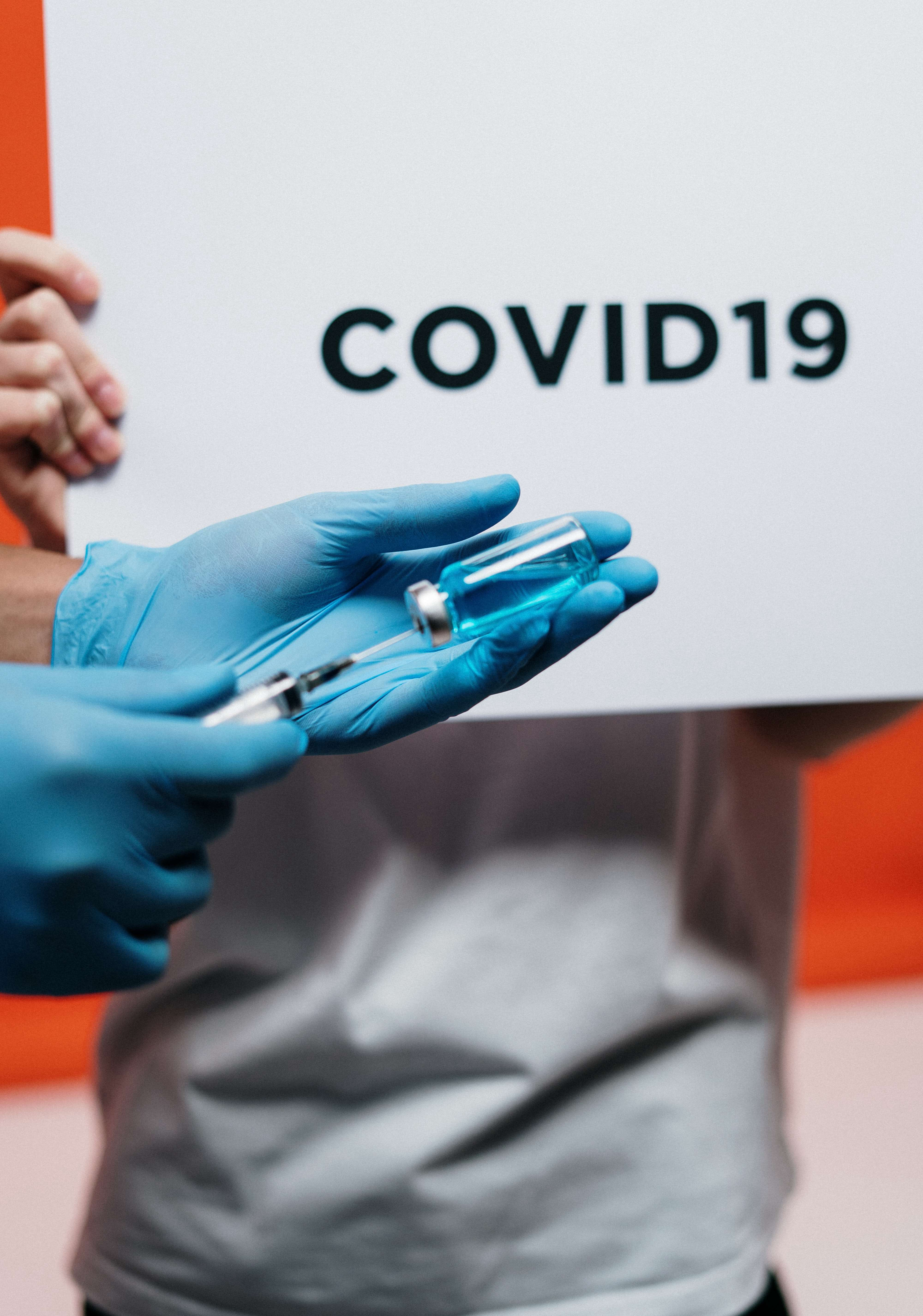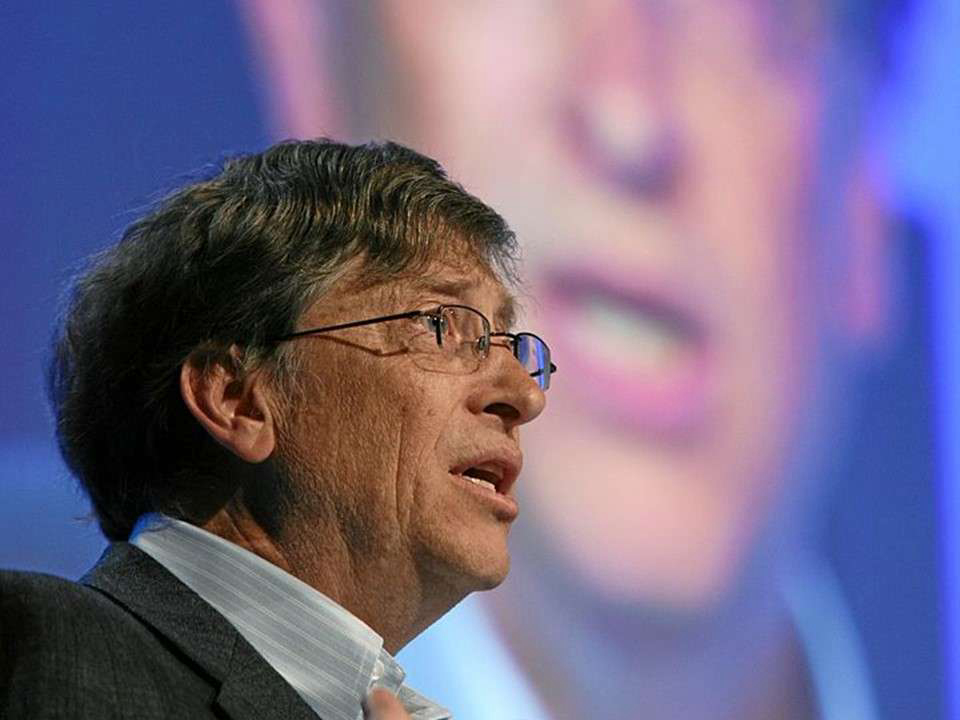
Today, the entire world is running after one thing, a COVID 19 vaccine, as it continues to sicken and kill thousands of people around the world, and the people are wondering how to get out of lockdown and start to return to normal life. But this won’t be simple. Without a vaccine, there will be always a risk of becoming a victim of a virus.
While testing and quarantine procedures will help to control the spread of Coronavirus, the only way to relieve the threat is for enough of the population to become immune to the virus so they cannot pass it on. Now, the world-famous billionaire, Bill Gates, who has frequently communicated about immunization about making the vaccines available for all, said that during the pandemic, but the first available vaccine may not be our promising chance of defence against it.
In an interview with a media agency, Bloomberg, Bill Gates gave an indication by explaining that even though vaccine progress is appearing at an accelerated speed, the first vaccine may not be the most beneficial one, and might take longer to improve. “The initial vaccine, in terms of its effectiveness against sickness and transmission, won’t be ideal and may not have a long duration”, he said. He also added that the first vaccines might only be a ‘stop-gap’ offer accessible largely to the rich countries. In an earlier interview, and vaccines being distributed to just wealthier nations. Bill Gates has offered funding to leading vaccine developers, including AstraZeneca, which has partnered with Oxford University. Some other groups the Gates Foundation has invested in include Johnson & Johnson and Novavax, which delivered promising results from early-stage clinical trials recently.

Over 150 vaccine associations are in an idea to develop a vaccine to fight the virus. Amongst these, over 5 have reached critical and large-scale the last phase of trials. And Russia has become the first country in the world to register a vaccine against COVID-19. The vaccine has been named Sputnik-V, the name is a consideration to the surprise 1957 launch of the world's first satellite by the Soviet Union. The treatment is yet to go through crucial Phase 3 trials where it would be administered to thousands of people. But amid fears that safety could have been compromised, the World Health Organization (WHO) instructed Russia last week to follow international guidelines for producing a vaccine against COVID-19, the BBC reported. The Russian vaccine is not among the WHO's list of six vaccines that have reached phase three clinical trials, which include more extensive testing in humans, the report noted.
Another coronavirus vaccine developed by a unit of China National Pharmaceutical Group (Sinopharm) appeared to be safe and triggered antibody-based immune responses in early and mid-stage trials. ‘Sinopharm’ is testing the potential vaccine in the United Arab Emirates in a Phase 3 trial, the Wall Street Journal reported.
For other countries, it might still be some time before the vaccine is available. There are no confirmations about a reliable COVID 19 vaccine, even from Russia, considering this unusual situation right now, the Central Drugs Standard Control Organisation (CDSCO) is authorized to give emergency authorisation without late-phase trials. It can say it is comfortable with the safety data gathered during the human trials in Russia, and considering the situation, it can grant approval for emergency use, but only if the vaccine is reliable enough.
Apart from this, in India, more than 50% of vaccines for all kinds of other diseases are manufactured. It is expected that a majority of vaccines for COVID 19, wherever they are developed, would also be developed in India. Pune-based Serum Institute of India, the world’s largest manufacturer of vaccines by volume, has already entered into tie-ups with developers to mass-produce their vaccines. Other Indian companies have also done similar agreements. But there is no open agreement for the production of any other country's vaccine in India right now.
Even after a vaccine succeeds, it won't change the way we live now. The possibilities and fear will keep caution of infections. Maria Bottazzi, the associate dean of the National School of Tropical Medicine at Baylor College of Medicine, said in the interview to Business Insider that, “the vaccine will probably reduce but not completely eliminate the chance of an inoculated person contracting the coronavirus disease, caused by Sars-Cov-2”.
And now, when the vaccine is a long way from being available in India. People will have to keep wearing masks and follow social distancing protocols even after a vaccine against the coronavirus comes along. Till then, we just need to be patient, helpful and positive towards the outcomes.
